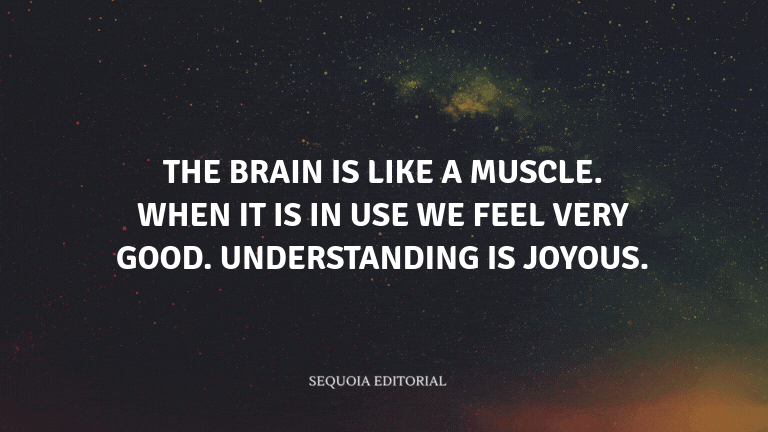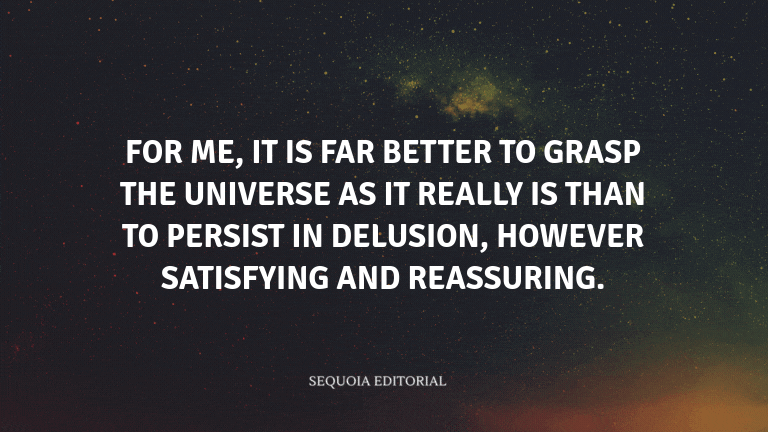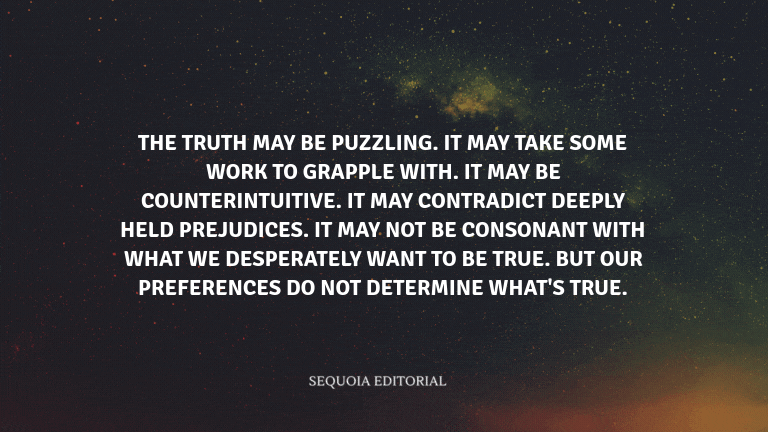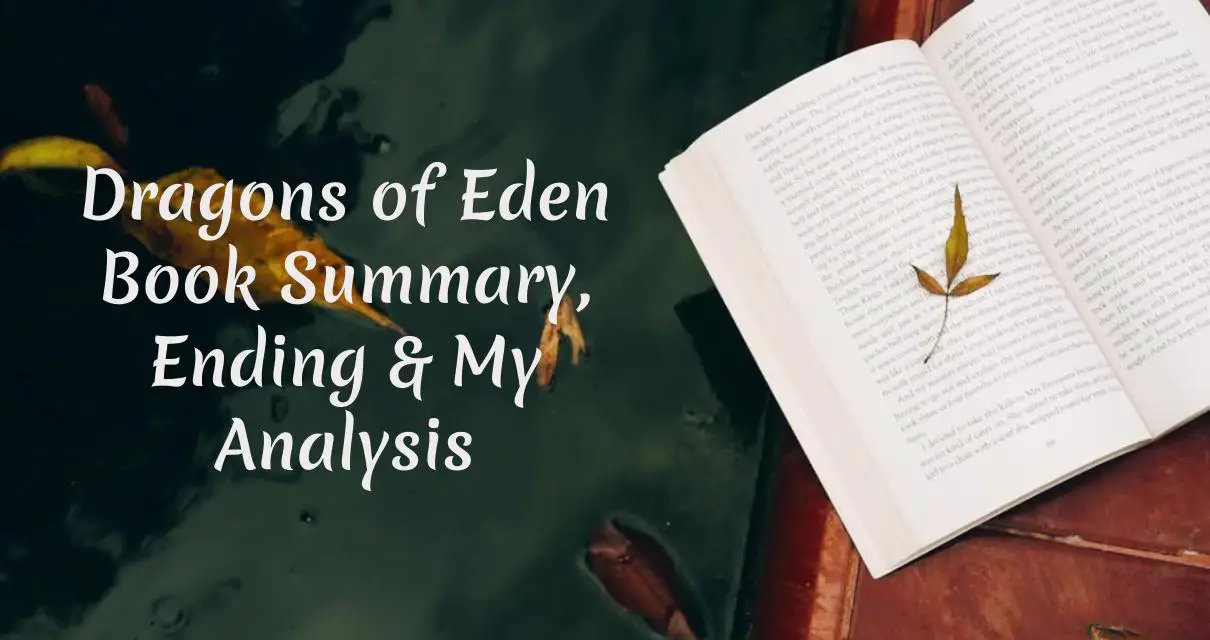Dragons of Eden is about the evolution of human intelligence, exploring the history of the brain and the origins of human behaviors and capabilities. Carl Sagan takes readers on a journey through the cosmos and our own minds, delving into the complex interplay of biology and culture that has shaped humanity.
Table of Content
Dragons Of Eden Book Summary
The story begins with Carl Sagan as our guide, a fellow inquisitive mind seeking to understand the nature of intelligence. He presents the "King" of all cosmos, a vast and unknown entity that sets the stage for his exploration.
Sagan leads us through the history of the human brain, from its primordial beginnings to the complex organ that enables our unique form of intelligence. He intertwines this with a journey through the universe, drawing connections between the cosmos and the human mind.
We encounter the ancient reptilian brain, which houses our most primitive instincts, and the limbic system, where emotions begin to shape our existence. Sagan describes how these structures have evolved over millions of years.
He touches on the influence of the neocortex, a later evolutionary development, which plays a significant role in the higher functions of the human brain such as language, imagination, and problem-solving.
The narrative delves into the concept of intelligence, comparing our own with that of animals and even positing the potential for artificial intelligence to rival or surpass human capabilities.
Sagan introduces the idea of the brain as a muscle, one that grows stronger with use. He illustrates how understanding the universe and our place within it can bring profound joy and intellectual fulfillment.
We learn about the impact of cultural evolution on the human mind, from the development of language to the transmission of knowledge through storytelling and written records.
The book takes a speculative turn toward the future, exploring the possibilities of interstellar communication and contact with extraterrestrial intelligence.
Sagan reflects on the delicate balance between the potential for great advancements in knowledge and technology and the risks of self-destruction through nuclear war or environmental degradation.
He concludes with a reflection on the human condition, drawing attention to our unique position as stewards of Earth's biosphere and the importance of using our intelligence and understanding for the betterment of our species and the planet.
Dragons Of Eden Quotes
- The brain is like a muscle. When it is in use we feel very good. Understanding is joyous.

- For me, it is far better to grasp the Universe as it really is than to persist in delusion, however satisfying and reassuring.

- The truth may be puzzling. It may take some work to grapple with. It may be counterintuitive. It may contradict deeply held prejudices. It may not be consonant with what we desperately want to be true. But our preferences do not determine what's true.

Dragons Of Eden Ending Explained
At the end of Dragons of Eden, the journey through the cosmos and the human mind reaches a contemplative conclusion.
Carl Sagan reflects on the profound implications of our evolving intelligence. He underscores the importance of using our knowledge and understanding to ensure the survival and flourishing of humanity.
The book leaves readers with a sense of wonder and responsibility, encouraging them to continue the pursuit of knowledge and wisdom.
Characters in book Dragons Of Eden
- Carl Sagan: The author of the book, a renowned astrophysicist, and science popularizer. He guides readers through the exploration of human intelligence, drawing connections between the cosmos and our minds.
- King: The metaphorical ruler of the cosmos, representing the vast unknown and the source of the mysteries that Sagan seeks to unravel.
- Humans: The central focus of the book, depicting the evolution, biology, and behaviors that distinguish our species. Sagan delves deep into what makes us uniquely intelligent among Earth's creatures.
- Animals: Various non-human creatures are discussed, highlighting their evolutionary relationship with humans and the shared biological traits that offer insights into our own development.
- Artificial Intelligence: Within the context of the book, AI serves as a speculative exploration of future human-adjacent intelligences and their potential impact on society.
Key Lessons
- Curiosity Drives Understanding: Embrace curiosity as it leads to exploration and understanding, which are fundamental to human progress and fulfillment.
- Complexity Emerges from Simplicity: The intricate capabilities of the human mind and behavior have evolved from simple biological beginnings, demonstrating the power of incremental change over time.
- Communication Shapes Cultures: Language and the ability to communicate complex ideas have been pivotal in the development of human societies and cultures.
- Knowledge Is a Tool for Change: The application of knowledge can be a force for both progress and peril, and it is our responsibility to use it wisely.
My Personal Opinion
Is Dragons of Eden worth reading? Absolutely! I found it to be a mesmerizing blend of science, philosophy, and speculative exploration that sheds light on the evolution of human intelligence.
I was particularly drawn to Sagan's ability to make complex scientific concepts accessible and engaging. However, I did find some sections to be a bit speculative, which may not resonate with readers seeking concrete evidence. Yet, the overarching message of the book is thought-provoking and inspiring.
I would recommend Dragons of Eden to anyone with a curious mind and an interest in the cosmos, biology, or the human condition. It's especially suited for those who enjoy contemplating the big questions that define our existence.

